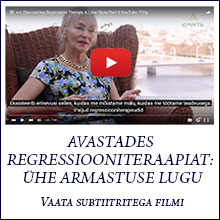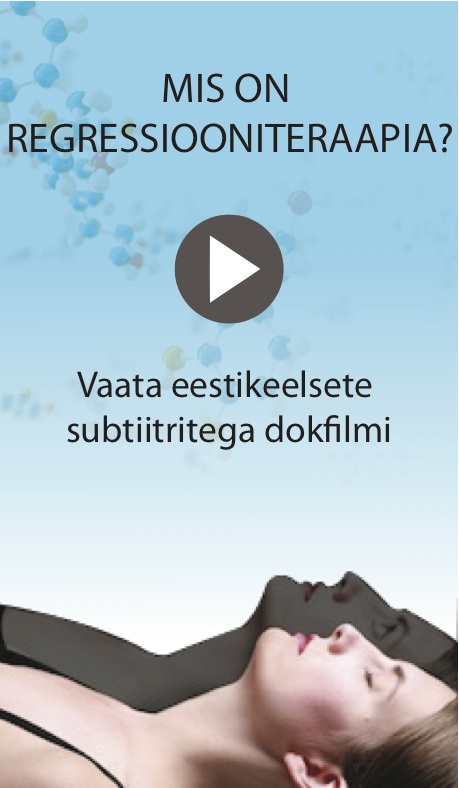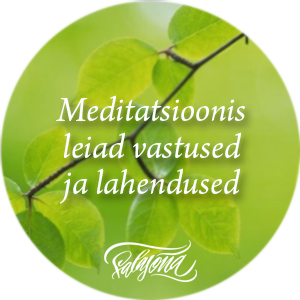Grete Kald
We all sometimes deny problems. Life is unexpected and denial is one of the survival instincts. It protects us in everyday life so we don’t have to think every day about what kind of accident can happen. However, denial is harmful if we ignore problems that would help us feel better in life if solved.
Co-dependency and different levels of denial.
When it comes to co-dependency, then living in denial is one of its main characteristics. Denial is common to both alcohol or drug addicts and their families. People often don’t want to see violence, both physical and mental. Denial comes in several forms:
- First level: Denying that a problem, symptom, feeling, or need exists at all
- Second level: Minimising or rationalisation
- Third level: Admitting the problem but denying the consequences
- Fourth level: It seems impossible to find a solution to this problem
Denial does not always mean that we do not see the problem. We can rationalise, find excuses, reduce its importance or impact. Another type of denial is forgetting, lying, or living contradictory to facts which leads to self-deception. Deep down, we can suppress feelings, thoughts, memories that are too painful to think about or feel.
Why do we live in denial?
Denial is self-defence. There are many reasons why we use denial, including avoiding physical or emotional pain, shame, or conflict. It is one of the first self-defence techniques we learn as a child. I thought it was adorable when my 3-year-old denied eating sweets while their mouth was covered with chocolate. Lying is self-defence so as not to get punished.
Denial helps to cope with various emotions, such as grief caused by the loss of a loved one, especially in the case of sudden death. Denial helps us to manage better with body-mind balance.
However, a denial based on fear is not always helpful; for example, when there are warning signs of illness. Many women postpone mammography or biopsy, although the chances of treating early detected cancer are higher.
Internal conflict is the main reason for denial. Children often try to forget about parental violence, not only because of the pain but also because they depend on their parents and are unable to live without them. Young children idealise their parents. It is the best way to forget, rationalise, or find excuses to justify their actions and blame yourself. As adults, we avoid the truth when a situation requires an effort that we are afraid to take. We may not see how much damage we can do by lowering our spending or living conditions, creating internal conflicts.
What is life like in denial?
A woman who discovers the truth that her husband is cheating can rationalise and find new explanations for new findings because the truth can make her feel not only the pain of betrayal, humiliation and loss but also lead to a possible divorce. An addicted parent may deny their child’s marijuana addiction because when looking at their child’s addiction, they must also look at their own addiction.
Co-dependent married couples are both equally in denial. Addicts and abusers can be loving and even occasionally take responsibility promising to stop alcohol/drug use or abuse. Breaking the promise, they promise it again. But in fear of breaking up, they reconcile, suppressing their own values and needs.
We can deny problems because they are habitual and familiar. They are comfortable and also create a feeling of comfort. We grow up with them and see nothing unnatural in them. When we were emotionally abused as a child, we choose a partner who treats us the same way. It is safe and habitual, although it may not lead us to the desired life changes. If we were abused as a child, we might not recognise our partner’s behaviour as abuse because it is a safe and familiar situation for us. If we were sexually abused, we can protect our child from getting in the same situation. This is a first-level denial.
We can acknowledge that our partner is verbally abusive, at the same time minimising and rationalising it, in short, finding reasons for it. One girlfriend told me that even though her husband was verbally and emotionally abusive, she still knew he loved her. Most victims of abuse are in third-level denial, in the sense that they do not understand the impact on themselves. It often refers to a post-stress condition after they have left the abuser. From the moment they face the truth, they are more open to seeking help.
The basis of co-dependency is the feeling of shame acquired in childhood.
Shame is an extremely painful feeling. Most people, including myself many years ago, do not realise how much shame determines our lifestyle, even when we consider our self-esteem to be good.
Usually, co-dependent people tend to deny feelings defined by shame because their needs and feelings have been ignored or disgraced in childhood. They are not in contact with feelings related to shame, such as fear and anger. They might minimise or rationalise these feelings and the impact of these feelings on themselves.
Denial of needs is one of the main characteristics of those co-dependent partners who are either in an unhappy relationship or married. Co-dependent people deny their problems and deny their needs. They are not aware of this themselves. Even if they are, they may feel guilty and, due to a lack of courage, their needs may not be met. The most important part of stepping out of denial and creating a better life is to express your needs. Noticing and communicating your needs is the most important part of changing your life.
Do you live in denial or not?
Signs indicating whether you live in denial or not:
- Think about how you would like to feel in your life. Do you think: if you only were… if he only was …?
- Do you doubt your feelings or intuition?
- Do you believe in repeated promises that have no basis and that are not followed by action?
- Do you hope that the relationship improves if you do substitution activities (vacations, removals, marriage, etc …)?
- Do you make compromises and suppress your needs, hoping it will change something?
- Do you feel rejected or exploited by your partner?
- Are you waiting for years for the relationship to improve or the partner to change?
- Are you afraid of your partner’s reaction and behaviour when you talk about your concerns or doubts?
The courage to come out of denial and face the truth.
If you are in the situations mentioned above or doubts, it is time to find the answers within you and create a fulfilling life. It is worse to be in co-dependency and dependency without being aware of change and opportunities. There is always hope and people who have taken the courage to see better opportunities live happier and more fulfilling lives. We all have different opportunities, just as our lives are all different. The life of your dreams may be closer than you think. Many of my clients have found the answer looking inside themselves in the holistic regression therapy. We all have tremendous power over our lives, although often we do not perceive or believe it.
I wish you the courage to look inside yourself to see the beam of light in the dark and to realise what opportunities there are for a better life.













0 Comments